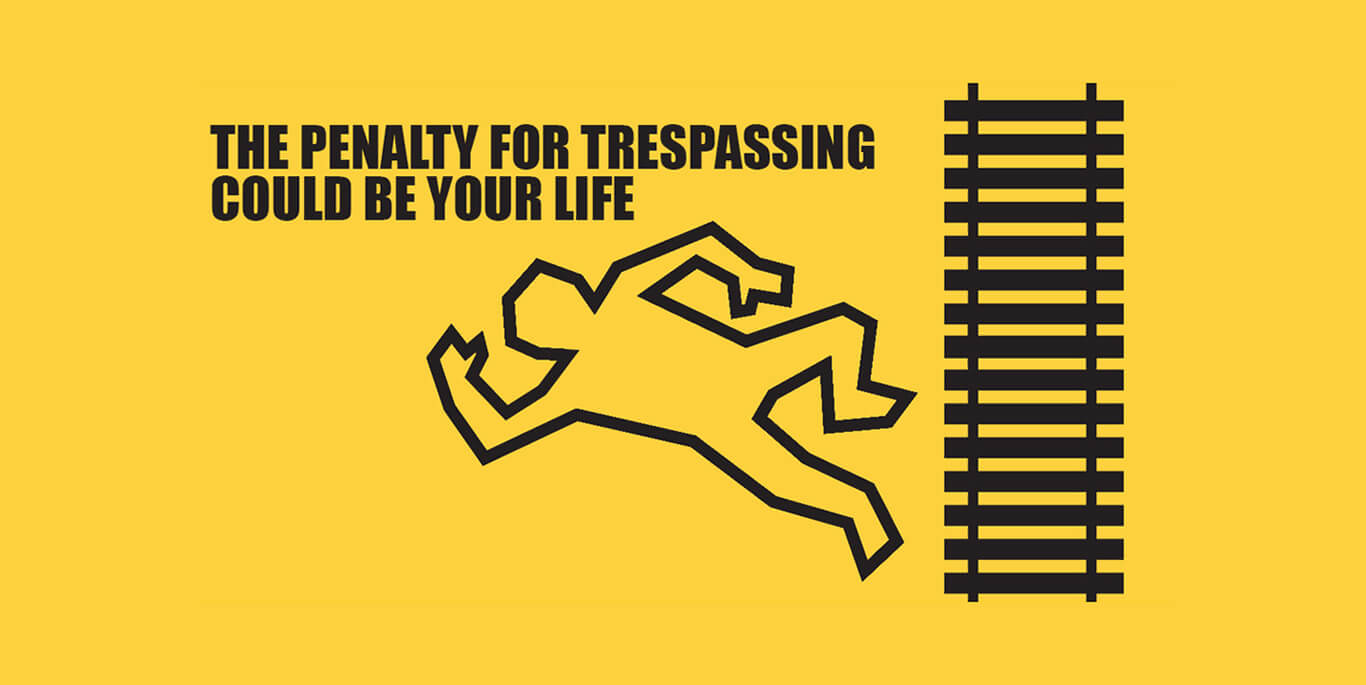Being safe around trains includes any time you come in contact with trains or tracks as a passenger, pedestrian or a vehicle driver.
Trains are part of life in Orange County. With 34 cities and a population of more than 3 million, Orange County is the third largest county in California. Every day, trains contribute to our mobility and economic growth.
Most train-vehicle accidents can be avoided if you remember to remain aware when coming into contact with crossings. Please remember that the penalty for trespassing could be your life.
Below is a by-the-numbers look at train-vehicle facts from around the country:
- 333 - Number in millions of vehicles that cross railroad tracks every day.
- 274 - Number of people killed in 2017 at highway-rail grade crossing collisions.
- 735 - Number of people killed in 2017 trespassing on railroad property.
- 18 - Number of football fields it takes a freight train, traveling at 55mph, to stop.
- 50 - Percentage of vehicle/train collisions that occur at crossings with active warning devices (lights, gates, bells).
- 211,600 - Approximate number of at-grade highway-rail crossings in the U.S.
- 40 - Times you are more likely to die in a crash with a train than you are to die in an automobile crash.
- 3 - Average time, in hours, between each incident where a vehicle or pedestrian is struck by a train.
Remember to follow these simple tips to drive safely near trains and crossings:
- Trains and cars don't mix. Never race a train to the crossing — even if you tie, you lose.
- The train you see is closer and faster-moving than you think. If you see a train approaching, wait for it to go by before you proceed across the tracks.
- Be aware that trains cannot stop quickly. Even if the locomotive engineer sees you, a freight train moving at 55 miles per hour can take a mile or more to stop once the emergency brakes are applied.
- Never drive around lowered gates — it's illegal and deadly. If you suspect a signal is malfunctioning, call the emergency number posted on or near the crossing signal or your local law enforcement agency.
Learn more about rail safety here.


